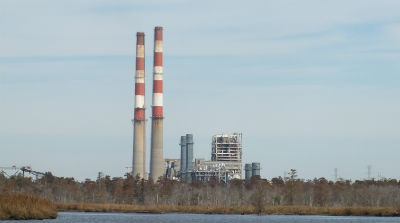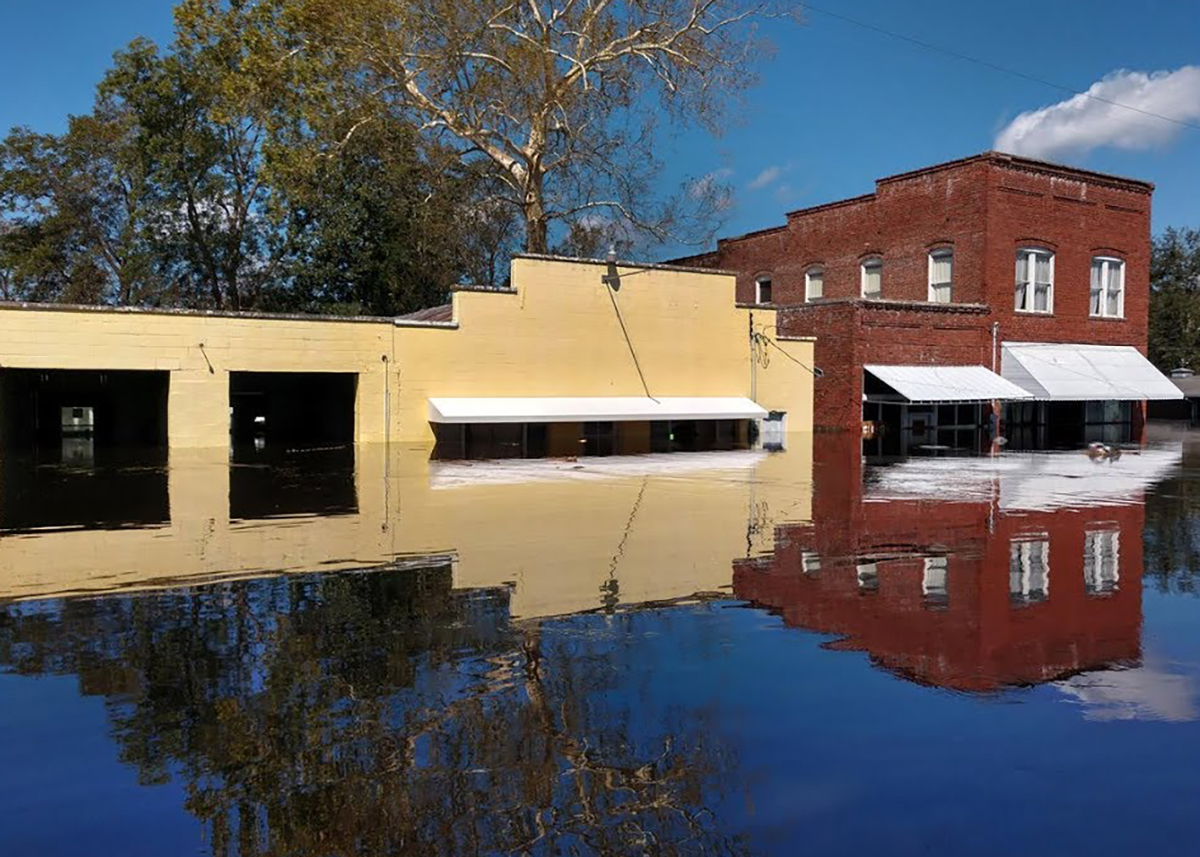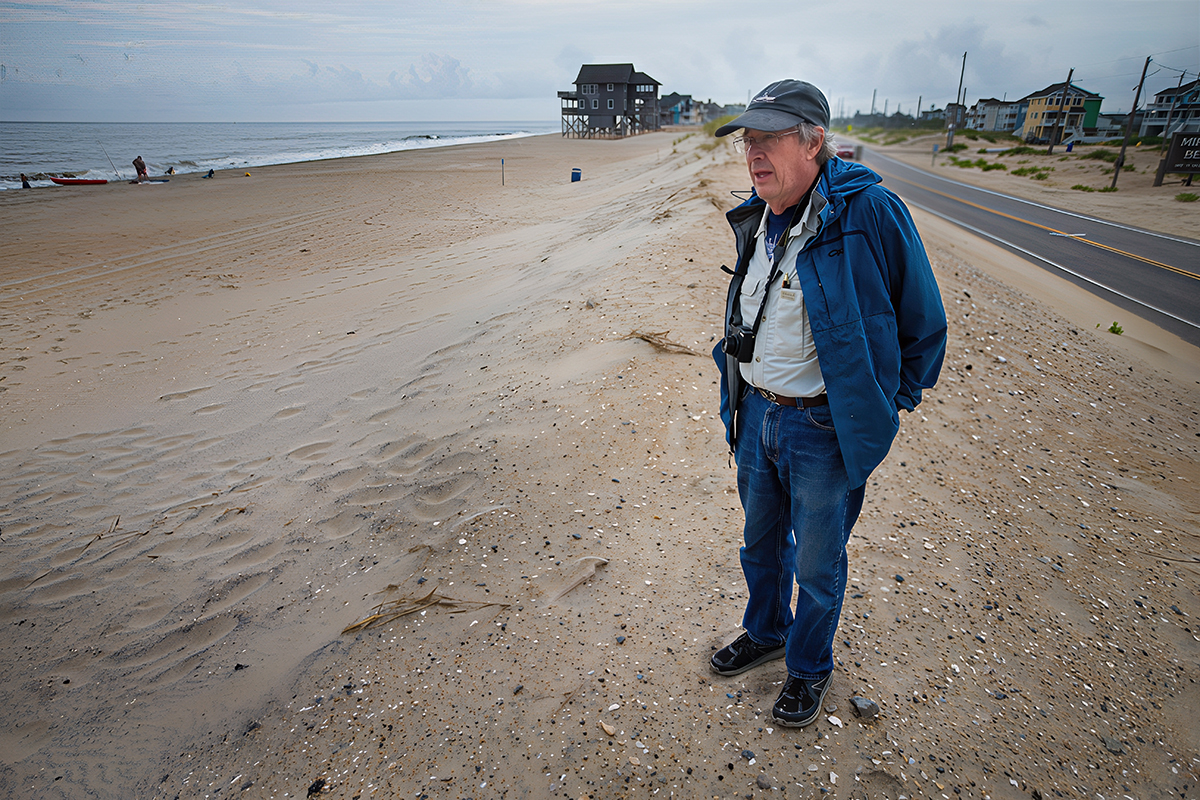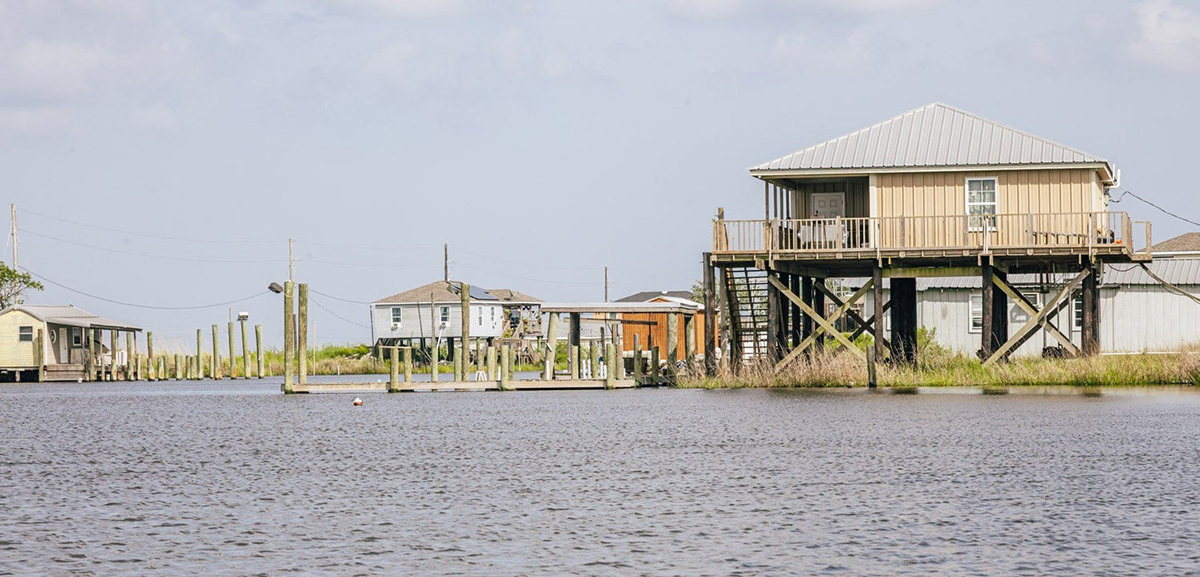RALEIGH – The principal authors of a state law to clean up coal ash ponds and basin predicted when they got started in the spring that the bill wouldn’t please everyone. It turns out that they were right.
After dozens of hours of committee hearings and many more hours behind the scenes, the Coal Ash Management Act of 2014 has picked up strong bipartisan support and equally strong criticisms, especially after the state House amended the Senate’s original version.
Supporter Spotlight
Rep. Rick Catlin, a Republican from New Hanover County who was on the House team that worked on the changes, defended them. The changes, he said, were needed to make the bill workable.
“It’s a very aggressive bill,” Catlin said. “We’re taking the lead in nation on addressing this.”
At the same time, he said, “it’s very important to solve this correctly and safely.”
 Sen. Tom Apodaca |
The Senate delayed a vote until tonight to concur with the House amendments, but the bill’s lead sponsor, Sen. Tom Apodaca, R-Henderson, indicated that the Senate would vote not to concur. A committee of legislators would then be appointed to come up with a compromise. The committee will be on a tight schedule with both chambers picking up the pace this week to wind up the budget and remaining legislation.
The House worked through a flurry of 28 proposed amendments to the coal ash bill during a marathon floor debate earlier this month. Among the controversial changes made by the House was a revision that opponents say weakens groundwater protection and a variance provision that would allow the N.C. Department of Environment and Natural Resources and the newly created Coal Ash Management Commission to extend cleanup timetables set in the bill. The House version also moves the new coal ash commission under the executive branch, a move demanded by Gov. Pat McCrory. The Senate version sets the commission up as an independent agency.
Supporter Spotlight
In a repeat of debate in the Senate, several amendments that went down to defeat in the House were aimed at expanding the list of coal ash sites named as priorities for cleanup. The bill lays out specific timetables for the removal of ash at three current and former Duke Energy power stations in Asheville, Gaston County and New Hanover County that environmental groups threatened to sue because of alleged violations of the federal Clean Water Act. The bill also sets cleanup plan for the old Duke power station in Eden. A massive spill there in February demonstrated the consequences of years of lax state oversight of the ponds and spurred legislators to action.
Under both House and Senate versions of the bill the remaining sites would first be ranked according to risk to public health with cleanup at the highest risk required by 2019, intermediate risk by 2024 and lowest risk 2029.
As compromise negotiations begin, environmental groups are stepping up their opposition to some of the House amendments to the bill, while continuing to push for greater certainty for cleanup of the sites not listed as priorities.
 The Sutton power station near Wilmington would be on the priority list for immediate clean up. Source: Cape Fear River Watch |
“The Senate bill was weak to begin with,” said Kemp Burdette, Riverkeeper with Cape Fear River Watch, “it got even weaker in the House.”
The legislation, he said, still does not spell out how DENR and the new coal ash commission should evaluate the sites.
Burdette said he sees promise in the mandated cleanup at the L.V. Sutton plant in New Hanover County. A number of other sites, though, also have serious problems, he said.
Duke stores 106 million tons of ash at 14 sites in the state. Eighty-four million tons soak in 32 ponds, while 22 million tons are kept dry as fill material or in dry basins.
Burdette toured the ash ponds at Duke’s Chatham County plant at the other end of the Cape Fear River on Friday and said the ponds should have been on the high priority list from the outset.
The site did make the list briefly, after a coalition of Democrats and Sandhills Republicans won a vote on an amendment to add it to the priority list. The win was later overturned after House leaders intervened.
Burdette said given what he saw on Friday, taking the Cape Fear ponds off the list seemed wrong.
“It looks pretty bad,” he said. “There are multiple seeps. The ponds are leaking. All five of [the ponds’ dams] are ranked as high hazard and they are arguably the most dangerous in the state.”
Adding more specific language that would ensure that the Cape Fear and other high hazard sites would improve the bill, he said, but Burdette said he’s not hopeful that that will happen.
He is also among a group of advocates seeking changes to the House-backed provision altering enforcement of cleanup if groundwater is contaminated. Frank Holleman, lead attorney for the Southern Environmental Law Center’s coal ash litigation, said a House amendment tries to overturn a ruling in March by Judge Paul Ridgeway of Wake County District Court that said under existing state law Duke must remove the source of groundwater contamination immediately once that contamination has crossed a so-called “compliance boundary,” which is 250 to 500 feet from the pond depending on its age.
Holleman said the House made the bill “much, much worse” by trying to negate the ruling and if the new language stays in the legislation it would be worse than having no bill at all because it would overturn existing law.
The bill’s variance provision, he said, leaves too many of the decisions to DENR and the new coal ash commission. “It still says ‘trust DENR,’” he said. “Why would anyone put their trust in DENR in the area of coal ash given what’s happened?”
 Kemp Burdette |
 Rep. Rick Catlin |
Catlin, an environmental engineer, said he backed the variance provision because it gives regulators leeway to adjust the cleanup timetable in case there are changes that need to be made to the proposed plan or a new technology is made available. Finding a place to safely store the ash and then transporting there won’t be easy, he said.
“It takes at least a year to build a landfill and inspect it and make sure it’s done properly. I saw a need for a variance to make sure things were done correctly,” he said.
Sometimes, moving too fast, he said, can cause more problems than they solve.
Catlin said he backed the change to the compliance boundary provision because it would have affected many other sites around the state and because the Ridgeway decision could have led to a much more chaotic approach to cleaning up the sites.
DENR said the decision would have affected more than 2,000 sites around the state including some spray irrigation operations, agriculture wastewater ponds and older municipal landfills, according to Catlin. The unintended consequence of the decision, he said, could have been an economic disaster for counties around the state. Catlin said it also would have gutted the coal ash bill and left prioritizing the sites to the legal process. “You might as well have just thrown the bill in the trash can,” he said.
Catlin said he expects the issue to be revisited during conference negotiations. He said it might be possible to find a way to restrict the effect of the Ridgeway decisions to the coal ash basins.
Holleman said it should be possible to narrow the language in the bill.
“If they want to protect municipal landfills, they can do it without giving Duke amnesty,” he said.
And although he voted against adding Cape Fear to the list, Catlin said he believes it and some of the others proposed for addition to the priority list during House debate will be classified as high risk once DENR and the coal ash commission begin work.
The solutions, he said, need to be technical, not political.
Catlin also expects the legislature’s work on coal ash not to stop with this year’s effort adding that he’ll likely tour most of the sites in the interim to look over specific problems.
“No one has seen all 32 ponds,” he said. “The chances of needing to come back and address this again are pretty strong.”







